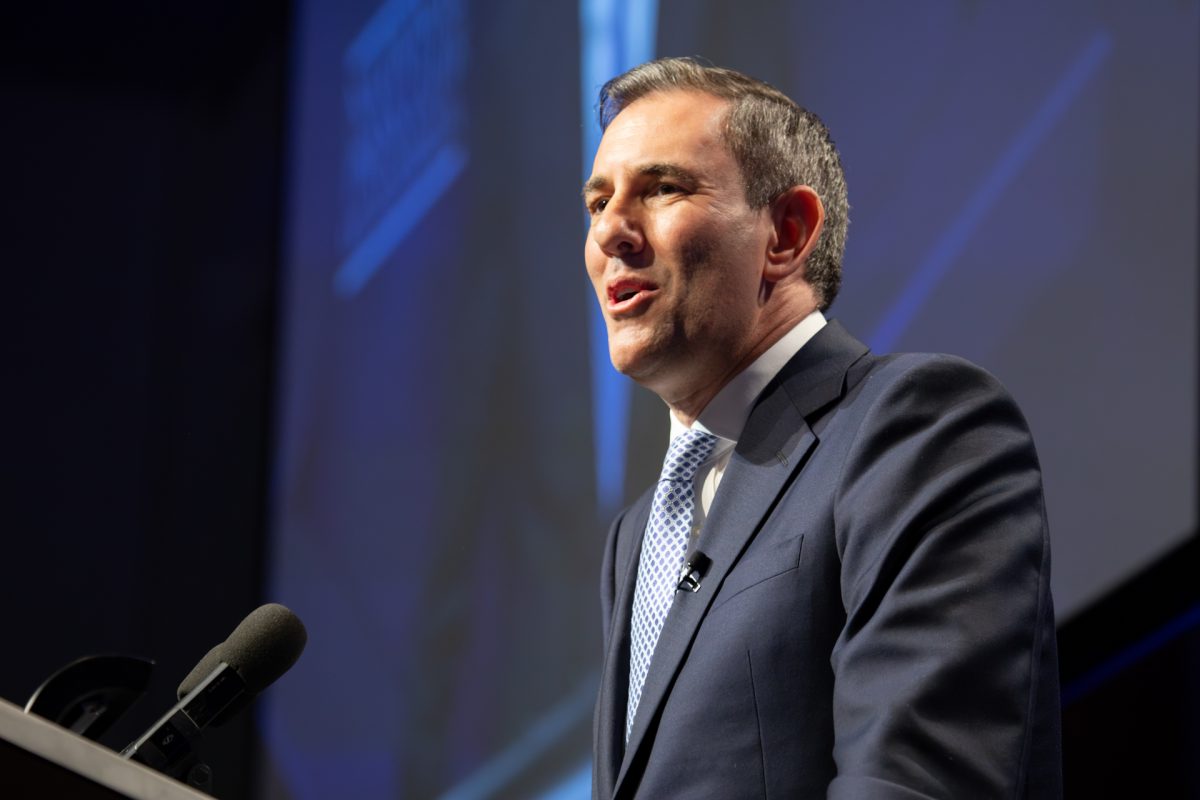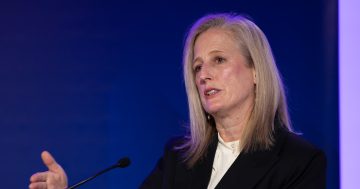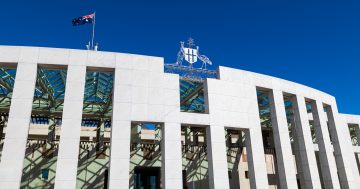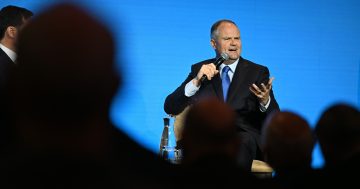
Treasurer Jim Chalmers is not short on advice from all quarters about what should be up for discussion. Photo: Michelle Kroll.
With Treasurer Jim Chalmers’ productivity roundtable just two weeks away, stakeholders and lobby groups have been coming out of the woodwork agitating for pole position for areas of tax reform they consider should be the priority.
After all, while it’s been referred to from the get-go as a productivity roundtable, its formal name is the Economic Reform Roundtable.
No surprise then that a variety of suggestions for how to improve Australia’s tax regime have been forthcoming.
The Treasurer has pretty much already set the forum’s agenda for the three days, with sessions scheduled to focus on resilience in the face of global uncertainty, productivity and regulation, and budget and tax.
Dr Chalmers says he wants the roundtable discussions to prioritise striving for consensus among economists, the business sector, unions, and policymakers.
That’s a tall ask as they will all bring to the summit different and often opposing perspectives.
Political debate in the lead-up is intensifying – the Coalition is already accusing the union movement of calling the shots.
Shadow Treasurer Ted O’Brien will be in attendance, but he’s made it very clear that he’s not going there just to agree to everything the Labor government wants.
He’s already flagged that the Opposition won’t be supporting any moves to raise taxes overall.
And he has accused the Treasurer of intending to use the forum as a vehicle to be “looking for more taxes to feed his spending spree”.
Knowing the political climate in which the roundtable will be conducted dampens any expectations of great things being achieved during the three days.
Breakthroughs from the talkfest might be few.
Having said all that, it’s worth taking a look at what the Productivity Commission has been coming up with in the lead-up to the roundtable.
Dr Chalmers has commissioned a number of reports.
The first one dropped last week and included a call for a 20 per cent tax rate on profits for companies with revenue of up to $1 billion.
That would be a tax cut for all but the largest of companies.
The Productivity Commission’s report also proposes a new 5 per cent tax on net cash flow instead of profits.
That idea would see large companies pay a higher tax rate but give tax relief to the smaller ones.
The Commission’s package of tax recommendations, if implemented, would be revenue-neutral overall.
But according to its own modelling, it would provide a $7.4 billion investment boost, a $14.6 billion output spike and increase productivity by 0.4 per cent.
On Monday (4 August), the Commission released its second of five reports to be published over the next two weeks, setting out practical reforms to boost Australia’s productivity.
This one is titled Investing in cheaper, cleaner energy and the net zero transformation and examines how governments can provide consistent incentives and faster approvals as keys to the net zero transformation.
Because, let’s face it, Barnaby and One Nation aside, the net zero targets are real and here to stay.
In this report, the Commission says governments should address the gaps and overlaps in emissions reduction incentives, speed up approvals for clean energy infrastructure and create a resilience-rating system for all housing.
“Australia’s net zero transformation is well under way. Getting the rest of the way at the lowest possible cost is central to our productivity challenge,” Productivity Commissioner Barry Sterland said.
“With the right policy settings, we can limit the costs of decarbonising and speed up our approvals to unlock the opportunities of lower cost, more abundant clean energy.
“We can also boost our resilience to the effects of climate change and minimise their human and economic costs.”
Introducing enduring, broad-based market settings in the electricity sector to reduce emissions after 2030; expanding the Safeguard Mechanism to include more industrial facilities; and new, technology-neutral policy settings to incentivise reductions in emissions from heavy vehicles are some of the report’s recommendations.
So too are faster approvals for energy development infrastructure, and reforming national environment laws.
The report also recommends an independent clean energy coordinator-general be appointed to “work across government and break through roadblocks”.
A specialist “strike team” should be established to ensure priority projects are efficiently assessed.
“Getting to yes or no quicker on priority projects would meaningfully speed up the clean energy transition,” Commissioner Martin Stokie said.
With all the noise (constructive and otherwise) from interested parties – whether or not they are attending the roundtable – and the obligatory political debate surrounding it, it’s good to see some solid proposals from the Productivity Commission.
Commissioning the reports to be delivered in the lead-up to the roundtable was a prudent move, ensuring there will be ample discussions of substance taking place.
The Productivity Commission’s reports and recommendations should be prioritised over everything else up for debate.
Original Article published by Chris Johnson on Region Canberra.










